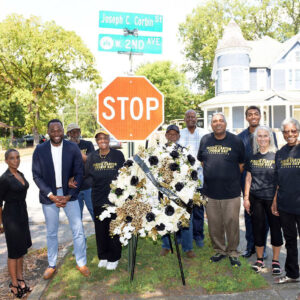 Joseph Carter Corbin Day
Joseph Carter Corbin Day
Race and Ethnicity: African American
 Joseph Carter Corbin Day
Joseph Carter Corbin Day
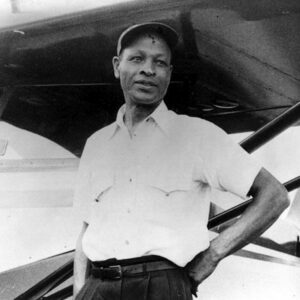 Cornelius Robinson Coffey
Cornelius Robinson Coffey
Cotton Plant Academy
Cotton, John (Lynching of)
Council for the Liberation of Blacks (CLOB)
Council on Community Affairs (COCA)
Covington, Riley (Reported Lynching of)
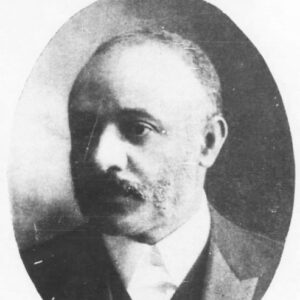 James M. Cox
James M. Cox
Coy, Edward (Lynching of)
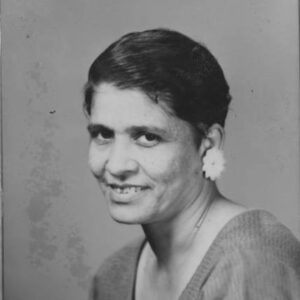 Annie M. Craft
Annie M. Craft
 Crawford County Execution Article
Crawford County Execution Article
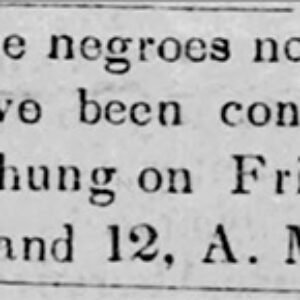 Crawford County Execution Article
Crawford County Execution Article
Crawford County Executions of 1843
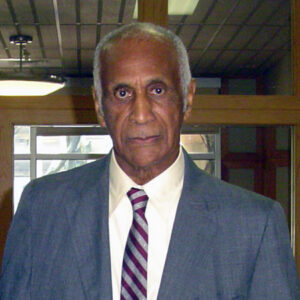 Milton Crenchaw
Milton Crenchaw
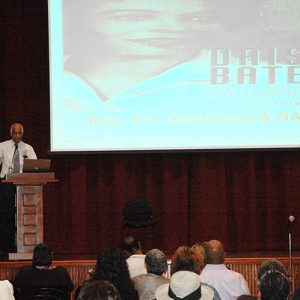 Milton Crenchaw
Milton Crenchaw
Crenchaw, Milton Pitts
Crenshaw, George (Lynching of)
Crittenden County Executions of 1871
Crittenden County Expulsion of 1888
Crittenden County Lynching of 1840
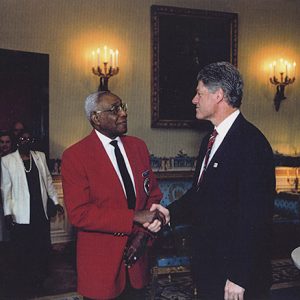 Woodrow W. Crockett and Bill Clinton
Woodrow W. Crockett and Bill Clinton
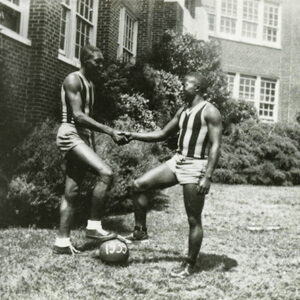 Woodrow W. Crockett and James Giggens
Woodrow W. Crockett and James Giggens
 Woodrow W. Crockett
Woodrow W. Crockett
Crockett, Woodrow Wilson
Crystal Bathhouse
Culbreath, Lee Edward (Murder of)
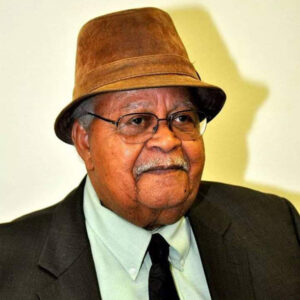 Charles F. Cunningham
Charles F. Cunningham
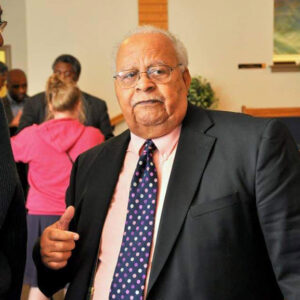 Charles F. Cunningham
Charles F. Cunningham
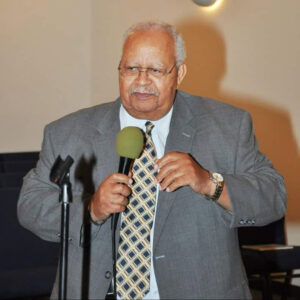 Charles F. Cunningham
Charles F. Cunningham
Cunningham, Charles Franklin
Daisy Bates et al. v. City of Little Rock
aka: Bates v. City of Little Rock
Davis, Alford (Lynching of)
Davis, Anthony (Lynching of)
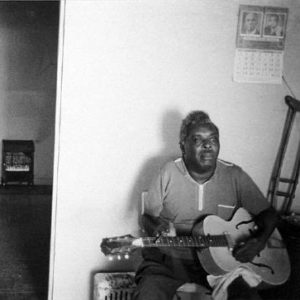 CeDell Davis
CeDell Davis
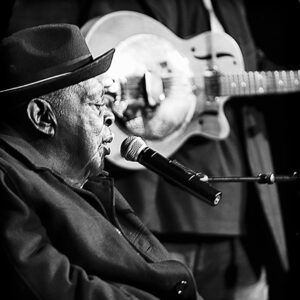 CeDell Davis
CeDell Davis
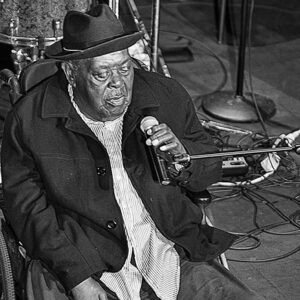 CeDell Davis
CeDell Davis
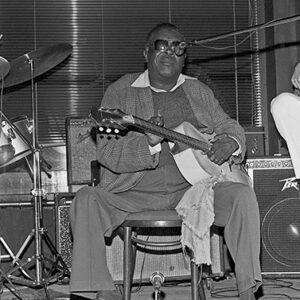 CeDell Davis
CeDell Davis
Davis, Chick (Lynching of)
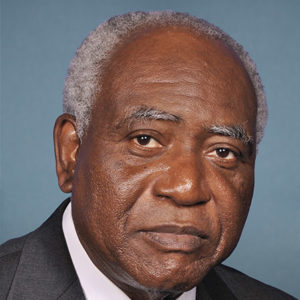 Danny K. Davis
Danny K. Davis
Davis, Danny K.
Davis, Elisha (Execution of)
Davis, Ellis CeDell
 Erma Davis
Erma Davis
Davis, Erma Lee Glasco
 Gregory Davis
Gregory Davis
Davis, Gregory A.
Davis, Howard (Lynching of)
Davis, Jim (Trial and Execution of)
Davis, L. Clifford
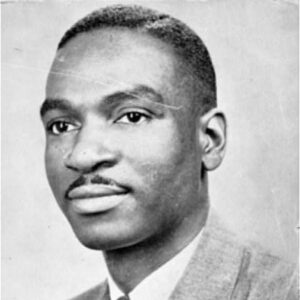 Lawrence A. Davis
Lawrence A. Davis




